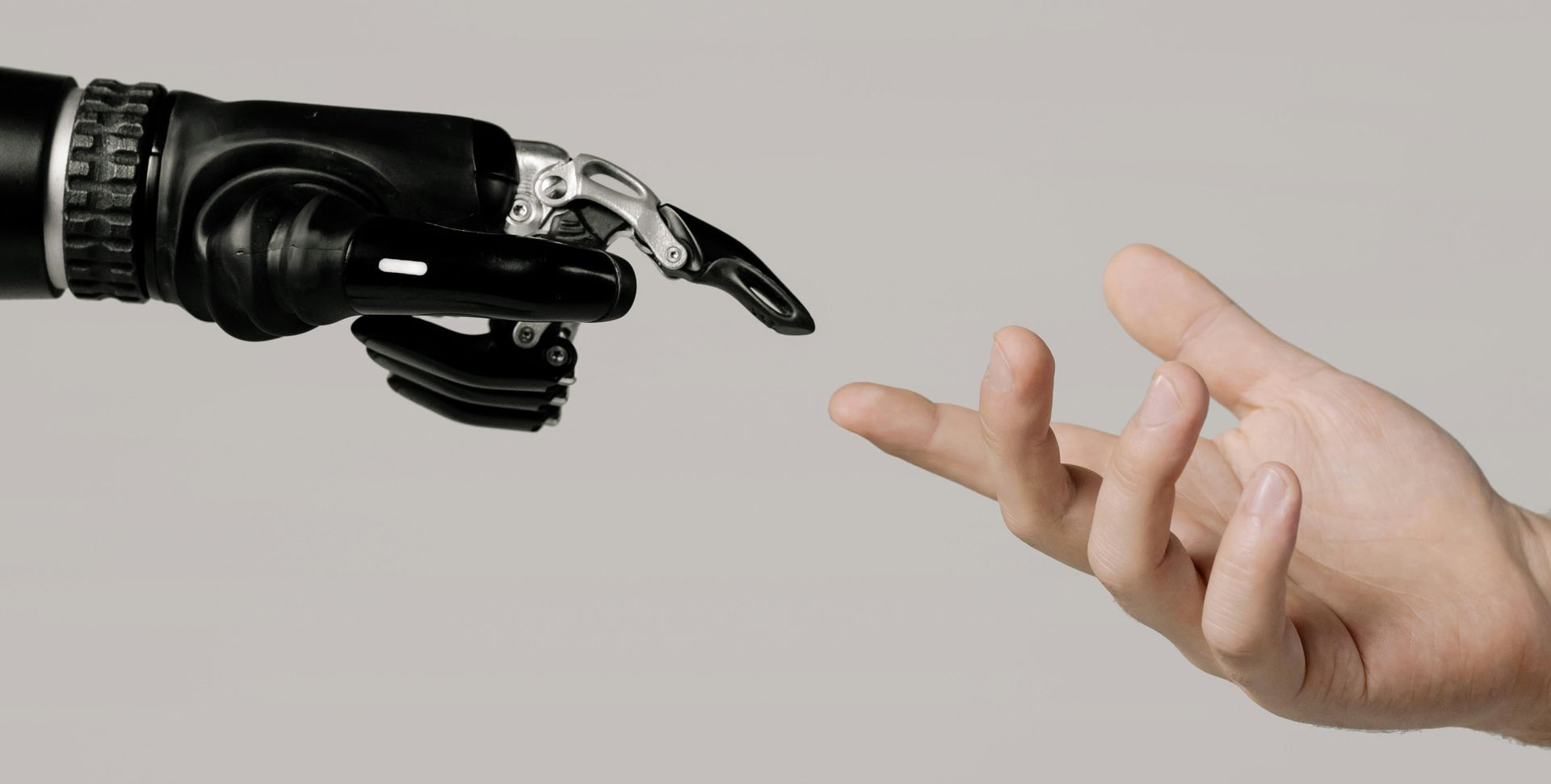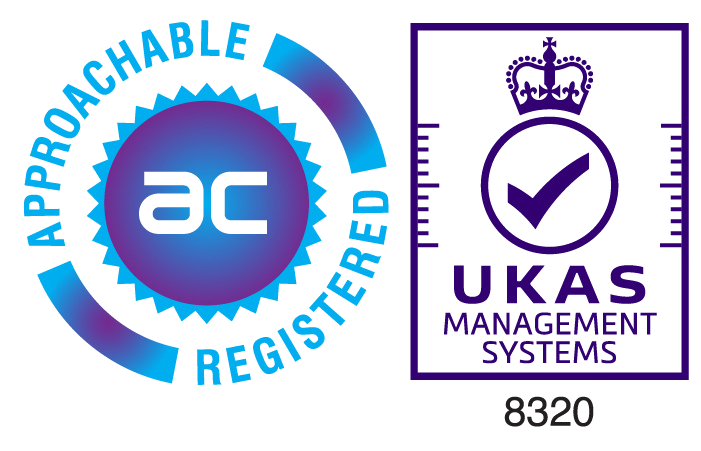leadership in the age of AI: reflections from WDR's open evening
Last week, WDR was delighted to host an Open Evening bringing together leaders, managers, HR professionals, and curious minds to explore one of the most important topics shaping today's workplace: the intersection of Leadership and Artificial Intelligence.
The room was full of energy, questions, and thoughtful conversations – proof that AI is no longer a distant concept but a practical force transforming how we lead, learn, and work

AI is changing leadership—but not replacing it
A core theme of the evening was simple but essential:
AI will reshape leadership, but the human leader remains irreplaceable.
We explored how AI can:
- Free leaders from repetitive adminstrative tasks
- Enhance decision-making with real-time insights
- Provide personalised learning and development journeys
- Improve communication and team alignment
- Support wellbeing and reduce burnout by improving workload visibility
But the conversation kept returning to the same point: leadership is still about people. Psychological safety, empathy, values, and the ability to inspire cannot be automated. AI is a tool – leadership is a human act.
why this matters: the numbers behind the shift
The data speaks volumes:
- 81% of employees report familiarity with AI tools, yet leaders often underestimate this engagement
- 94% of jobs could be automatable in advanced economies
- Workers with AI-related skills command a 56% wage premium
- Roles exposed to AI are changing 66% faster than those in less exposed roles.
These figures underscore the urgency for leaders to adapt – not by fearing AI, but by understanding and leveraging it responsibly.
where AI creates real opportunities
During the evening, we highlighted practical examples of how AI is already supporting leaders today:
1. smarter, faster decision-making
- Predictive analytics and AI-driven dashboards help organisations spot trends earlier and respond with confidence
2. personalised learning through MLS and Learning Sphere
- WDR's flagship platforms integrate intelligent tools to deliver tailored, adaptive learning experiences. Leaders can track capability gaps, identify emerging skills, and deliver training at exactly the right moment.
3. better people management
- AI-powered insights help leaders understand engagement patterns, team strengths, and potential challenges before they escalate
4. more capacity for meaningful leadership
- As AI automates administrative work, leaders gain more space for conversations that matter: coaching, guiding, supporting and developing people.
the leadership shift: from old paradigms to new
The Age of AI demands a new mindset. Here's what we discussed:
Old Paradigm New Paradigm What to Develop
Authority from position Authority from learning & influence Curiosity & adaptability
Control & predictability Experimentation & agility Psychological safety
Tech as an efficient tool AI as an intelligence partner AI fluency
Compliance as ethics Value-driven ethics Moral courage
People as resources People as creative partners Empathy & empowerment
the skill leaders need most: curiosity
AI evolves quickly – far too quickly for any leader to "master" completely. But leaders who stay curious, open, and willing to experiment will thrive.
Curiosity is how leaders stay ahead – and how organisations stay resilient.
WDR's commitment to the future of leadership
At WDR, we remain dedicated to helping organisations and their people grow with confidence in a changing world. Whether through our managed learning services, our digital platforms, or our leadership development programmes, we are commited to guiding businesses through the responsible, human-centred adoption of AI.
the open evening made one thing very clear:
Leaders don't need AI - they need to understand it, question it, and use it wisely.
And together, we can shape a future where technology strengthens - not replaces the human side of leadership.



